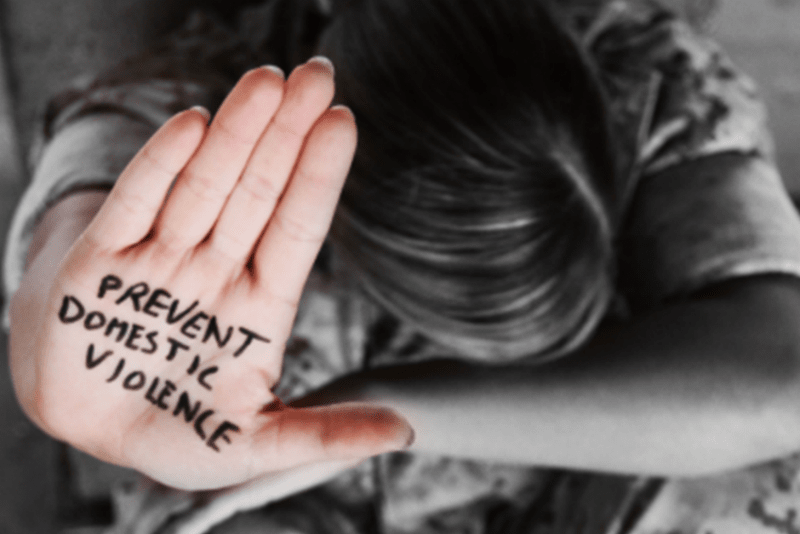 It appears my previous post about intimate partner violence (IPV) hit a painful chord.
It appears my previous post about intimate partner violence (IPV) hit a painful chord.
I was gratified to receive so many comments, but sad and angry that so many lesbians have suffered abuse from other women.
Violence is not gendered, and it seems to me intimate partner violence is an epidemic in the lesbian community as everywhere. I don’t want to sound alarmist, but it’s my experience with so many friends (and, of course, with my own history) that we are not recognizing just how abusive our relationships sometimes are.
It also seems from the responses to my last post, friends are very concerned but paralyzed and confused about what to do and say to help their friends in bad relationships.
I’m listing below just a few resources:
New York City’s Anti-Violence Project, which is dedicated to ending violence to and in the queer community, defines Domestic Violence “as any pattern of behaviour within an intimate relationship used by one partner to coerce, dominate or isolate another person, or the exertion of any form of power that maintains control in an intimate relationship. Domestic violence may include but is not limited to emotional, psychological, physical, economic, sexual abuse and social isolation. Domestic violence happens in every part of LGBTQ communities to people of all genders and of every race, ethnicity, class, age, ability or disability, education level and religion.”
After I left one of my ex-girlfriends who battered me, I reported her to AVP, not because they can do anything (though they can assist with retraining orders and provide education), but I wanted her “on file” so that if any other woman experienced the same thing with her, there would be evidence of a pattern.
The tip sheet on How to Help a Friend who is Being Abused comes from The Center for Relationship Abuse Awareness. I think it’s a good and useful guide for caring and concerned friends and family.
The above resource includes topics such as:
· Suggestive signs of an abusive relationship
· How to approach a friend
· How to be supportive
· How to respond (Because how you respond can be very important for her future ability to trust others and move on with her life.)
It is hard to help a friend in an abusive relationship. Not only do you risk being rejected by your friend, but also being a target of violence yourself. But, saying something and following through with other actions is the right thing to do.
I’d be interested to hear more about other women’s relationship abuse issues, especially how they got out of an abusive situation, and from friends and family who have assisted–or tried to assist–someone in an abusive situation.
And please, feel free to add to the resources lesbians, their friends and families can use to stop intimate partner violence.


